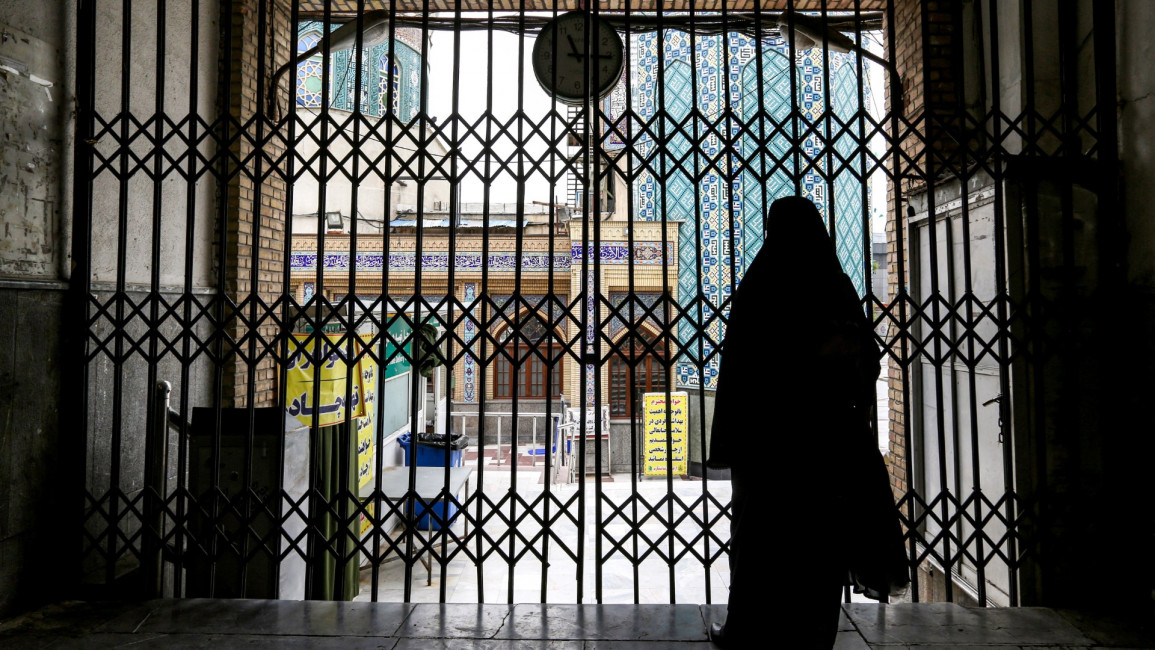Iran to reopen hundreds of mosques as coronavirus lockdown eases
Rouhani said 132 counties, around one third of the country's administrative divisions, would "reopen their mosques as of tomorrow".
"Social distancing is more important than collective prayer," he added, arguing that Islam considers safety obligatory, while praying in mosques is only "recommended".
The targeted counties are "low-risk", Rouhani said in a televised meeting of the country's virus taskforce.
He said the committee was also mulling reopening schools by May 16 to allow for a month of classes before the summer break.
The new coronavirus has killed more than 6,150 and infected over 96,440 in Iran since it announced its first cases in mid-February.
Rouhani claimed hospital visits over potential infections were "much lower" compared to recent weeks.
Iran on Saturday reported its lowest daily toll of new infections since March 10.
Twitter Post
|
However, experts and officials both in Iran and abroad have cast doubts over the country's Covid-19 figures, saying the real number of cases could be much higher than reported.
The Islamic republic has tried to contain the spread of the virus by shutting universities, cinemas, stadiums and other public spaces since March.
But it has allowed a phased reopening of its economy since April 11, arguing that the sanctions-hit country cannot afford to remain shut down.
Only "high-risk" businesses like gyms and barbershops remain closed.
"We will continue the reopenings calmly and gradually," Rouhani said.
Yet he warned that Iran should prepare for "bad scenarios" too, saying "this situation may continue into the summer".
Last week, Health Minister Saeed Namaki criticised some Iranians for not taking the outbreak seriously.
"I have a complaint about some citizens; you are considering the situation to be too normal," Namaki said in televised remarks.
"It is true that we had very good results at the height of economic distress, that deaths dropped to double digits and hospitalisations reached minimum, but this does not mean the coronavirus is done with."
Namaki also warned that Iran must prepare itself for a "simultaneous heavy wave of Covid-19 and the flu" in the coming autumn and winter.
The opening of the mosques coincides with the Muslim holy fasting month of Ramadan, which traditionally sees the world's 1.8 billion Muslims gather for meals, socialising and worship.
Agencies contributed to this report.
Follow us on Facebook, Twitter and Instagram to stay connected


![President Pezeshkian has denounced Israel's attacks on Lebanon [Getty]](/sites/default/files/styles/image_684x385/public/2173482924.jpeg?h=a5f2f23a&itok=q3evVtko)



 Follow the Middle East's top stories in English at The New Arab on Google News
Follow the Middle East's top stories in English at The New Arab on Google News


